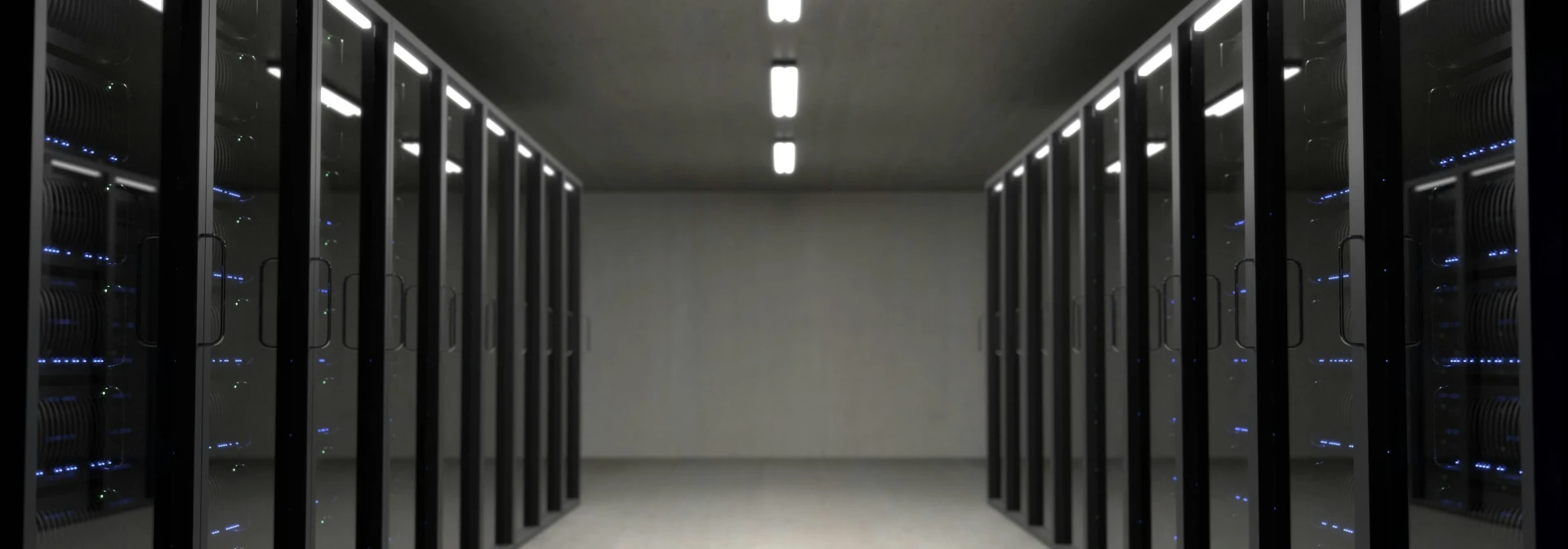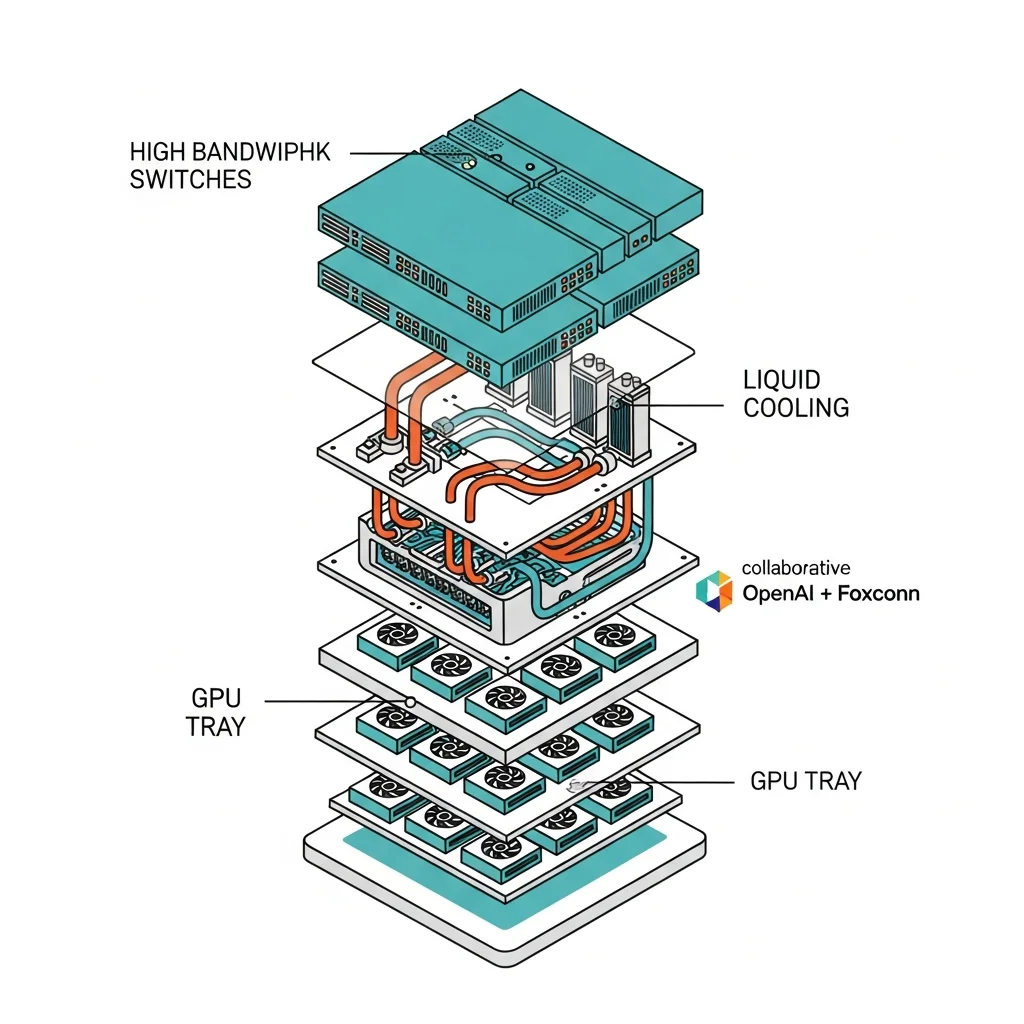OpenAI secures strategic hardware deal with Foxconn for US AI data centres

OpenAI and Foxconn have reached a strategic agreement to design and manufacture specialised AI hardware for data centres in the United States. The partnership marks a new step in the vertical integration of AI infrastructure, with major model builders increasingly taking not only software and models but also the physical compute centres under their own control.
According to industry reports, the deal covers both the design and manufacture of custom AI racks and potentially proprietary server designs, tailored to the extremely high compute and energy demands of frontier models such as GPT-5 and GPT-5.1. Foxconn, traditionally known as a manufacturer of consumer electronics, is thus positioning itself squarely as a key player in the global AI economy.
The move fits into a broader trend in which major AI companies work more closely with hardware and cloud providers to secure sufficient capacity and more efficient infrastructure. Earlier this month, multi-billion investments and capacity agreements between Microsoft, NVIDIA and Anthropic were announced, featuring deep integration of Claude models on Azure and NVIDIA hardware.

The OpenAI-Foxconn collaboration is particularly relevant to the question of how fast and how far AI services can scale in the coming years. By being closer to the design and production of the underlying systems, the parties can better address the specific requirements of large-scale training runs and inference workloads, such as cooling, energy consumption and network bandwidth.

Although few official technical details have been released, analysts point to three possible strategic motives. First, reducing dependence on traditional OEM suppliers; second, optimising cost per teraflop or per token; and third, accelerating innovation cycles for the next generation of AI chips and systems.
For companies deploying AI, this news is less about a single deal and more a signal that the competition for compute and infrastructure is becoming even fiercer. Together with other recent announcements, such as the roll-out of GPT-5.1 and the expansion of Gemini 3 and other frontier models, the hardware deal underlines that the battle for AI is being fought as much in data centres and supply chains as in models and software.
